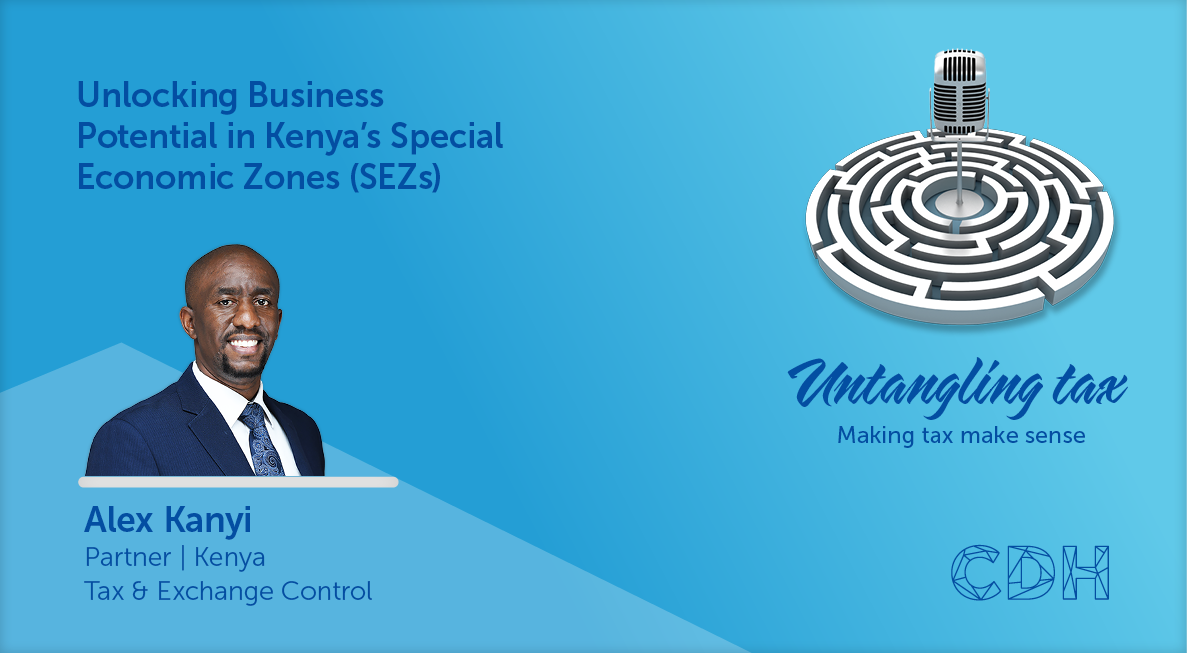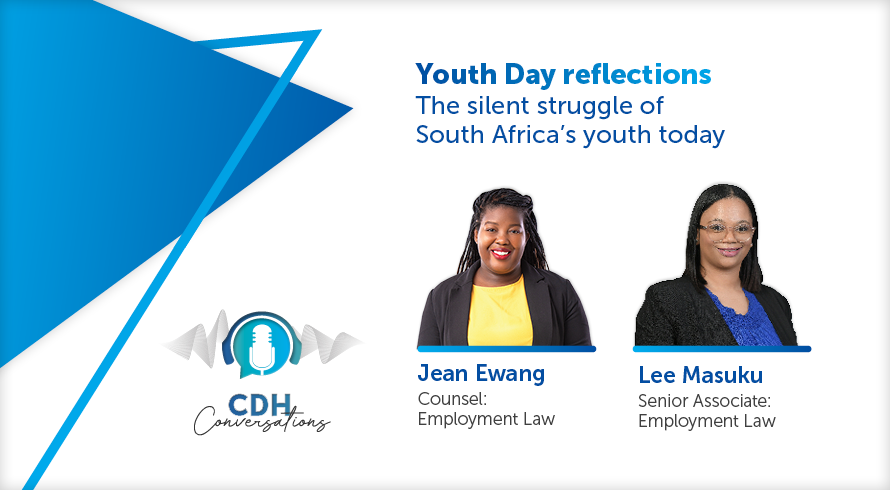More about (tax) relief and exemption: A judgment on retrospective approval as a public benefit organisation
In XY Mining v The Commissioner for the South African Revenue Service (Case No IT25390) (as yet unreported), the Tax Court summarised this as follows: “a PBO by designation exists to relieve the state of certain burdens. Accordingly, only those organisations that qualify as PBOs should be released from [the] tax burden. In this regard the income tax legislation is deliberate to grant PBOs retrospective and or proactive PBO status; thus resulting to [sic] tax exemption.”
In this article, we focus on the issue of retrospective approval that the court had to consider. We refer to the respondent as either “Commissioner” or “SARS”.
Facts
In the XY Mining case the taxpayer (XY), applied in September 2018 for approval as a PBO retrospectively from 1 February 2016, as provided for under section 30(3B) of the Income Tax Act 58 of 1962 (Act). The South African Revenue Service (SARS) declined to grant retrospective approval to XY from 1 February 2016 for the following reasons:
- XY did not conduct any public benefit activities (PBAs) since its establishment and accordingly did not qualify for tax exemption status prior to 26 June 2018.
- XY’s trust deed did not comply with all the requirements set out in section 30 of the Act.
- XY was not compliant as its compliance history showed the 2017 to 2019 income tax returns were outstanding as at 1 March 2020.
The matter was considered pursuant to the court granting an order for separation of issues in terms of rule 33(4) of the Uniform Rules of Court. In deciding the matter, the court thus dealt with the question of law and the interpretation of section 30(3B) of the Act separately from the factual considerations.
Judgment
The relevant provisions
Firstly, the court considered the wording of section 30(3B) as it stood at the time that XY’s application was brought, which stated the following:
“Where an organisation applies for approval, the Commissioner may approve that organisation for the purposes of this section with retrospective effect, to the extent that the Commissioner is satisfied that that organisation during the period prior to its application complied with the requirements of a ‘public benefit organisation’ as defined in subsection (1).”
The court also referred to section 30(1) of the Act, where a PBO is defined, amongst other things, as “a non-profit company … or a trust … that has been incorporated, formed or established in the Republic … of which the sole or principal object is carrying on one or more public benefit activities, where:
- all such activities are carried on in a non-profit manner and with an altruistic or philanthropic intent; and
- no such activity is intended to directly or indirectly promote the economic self-interest of any fiduciary or employee of the organisation, otherwise than by way of reasonable remuneration payable to that fiduciary or employee …”
The definition also requires that the PBAs are carried on by the PBO for the benefit of, or are widely accessible to, the general public at large, including any sector thereof (other than small and exclusive groups).
The court’s interpretation of the relevant provisions
With reference to case law affirming that legislative interpretation requires one to consider the text of the legislation as a whole, the court held that the wording of section 30(3B) of the Act is unambiguous and plain. According to the court, the key issue that SARS had to consider in granting the request for retrospective approval was whether XY complied with the PBO requirements in section 30(1) of the Act, “nothing less and nothing more”.
The court considered the wording of the explanatory memorandum (memo) outlining the rationale for the inclusion of section 30(3B) in the Act, which states, amongst other things, that organisations that do not apply promptly for PBO approval should not be kept from “subsequently seeking relief on a going forward basis, because of concerns about the potential tax liability from pre-existing activities”. The memo also notes that in exercising the discretion provided for in section 30(3B), the intention is that SARS consider “whether the PBO was substantially within its given status in terms of the existing law”.
Considering section 30(3B) of the Act and the memo, the court rejected SARS’ argument that XY’s compliance history and its trust deed’s compliance with section 30(1) of the Act could be taken into account when considering the application for retrospective approval. Notably, it stated that “it is not open for the Commissioner to write its own desired sections within the setting of section 30(3B). The Commissioner’s wide discretion cannot be translated to the Commissioner reading in sections or the law or what it thinks the law could have said.”
The court held that the subsequent amendment to section 30(3B) of the Act (after XY applied for retrospective approval), which introduced a compliance history requirement for retrospective approval to be granted, only came into effect on 15 January 2020, long after XY’s application for PBO approval had been brought. As XY’s application was brought before this date, SARS could not apply the amended section 30(3B) retrospectively.
The court concluded that XY’s application on the point of law succeeded and made no order as to costs.
Comment
The court’s judgment is encouraging as it upholds the presumption that legislation can generally not be applied retrospectively, especially where it would have adversely affected a PBO carrying on important public benefit activities. However, in light of the amendment to section 30(3B) in 2020, organisations applying for retrospective approval should note that the compliance history of the organisation will likely and can be considered by SARS for applications submitted after the amendment came into effect. The compliance history of the organisation is only relevant where an organisation seeks retrospective approval as a PBO. In other words, it is possible that an organisation applying for prospective and retrospective approval as a PBO, is approved prospectively (from a certain date going forward), but not retrospectively.
The information and material published on this website is provided for general purposes only and does not constitute legal advice. We make every effort to ensure that the content is updated regularly and to offer the most current and accurate information. Please consult one of our lawyers on any specific legal problem or matter. We accept no responsibility for any loss or damage, whether direct or consequential, which may arise from reliance on the information contained in these pages. Please refer to our full terms and conditions. Copyright © 2026 Cliffe Dekker Hofmeyr. All rights reserved. For permission to reproduce an article or publication, please contact us cliffedekkerhofmeyr@cdhlegal.com.
Subscribe
We support our clients’ strategic and operational needs by offering innovative, integrated and high quality thought leadership. To stay up to date on the latest legal developments that may potentially impact your business, subscribe to our alerts, seminar and webinar invitations.
Subscribe




